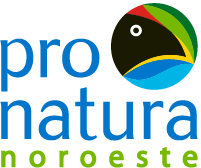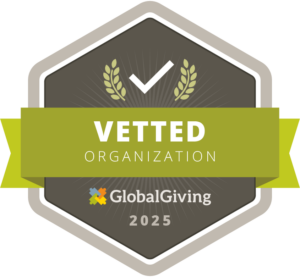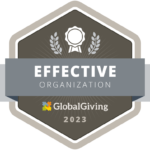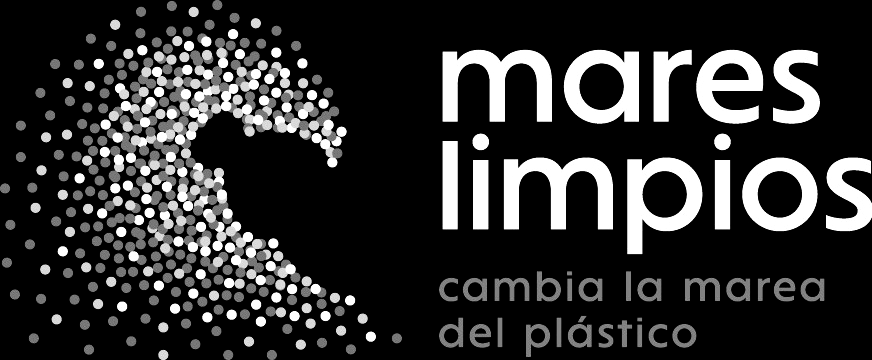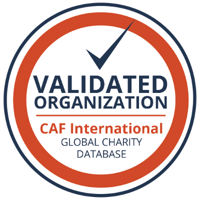Although they go unnoticed due to their tiny size, the role of pollinators is essential to ecological balance, which allows us to survive as humans. Bees and butterflies feed on the nectar of flowers and are considered pollinators per excellence. However, bats, birds, other insects and even some mammals also participate in plant reproduction by transporting pollen from one flower to another.
According to the Food and Agriculture Organization of the United Nations (FAO), 3 out of 4 crops that produce fruits and seeds that we consume depend on pollinators. Their function is essential for the balance of the planet and food security. Nevertheless, its populations have drastically decreased due to habitat loss, agrochemicals use, and the introduction of exotic species.
Considering all that, we want to do something about it. Along with the communities of San Luis Rio Colorado (Sonora) and Mexicali (Baja California) we want to build a Pollinator Garden at Miguel Aleman Restoration Site. This garden will strengthen the restoration initiative for the Colorado River Delta that provides food, shelter, water, and a habitat for wildlife in the area.
This project contemplates the production and purchase of native plants and seeds, nursery materials, plant protections, an irrigation system for water eco-efficiency, bird feeders, water sources, the development of insect hotels, information signs about native plants, and pollination. In addition to the benefit for wildlife and the increase in pollinators, the Pollinator Garden will hostabout 1,500 visitors every year. They will enjoy guided tours, field practices, and environmental education workshops.
With the Pollinator Garden we can improve the conditions of the restoration site, and strengthen the natural lungs of the area, which is a great asset to face the climate crisis. In addition, we seek that visitors find in Miguel Aleman Restoration Site a place to reconnect with nature, and thereby improve their life quality due to the benefits provided by outdoor activities such as gardening or walking outdoors.
We invite you to learn more about our project at GlobalGiving. Remember: small actions create a big impact.
